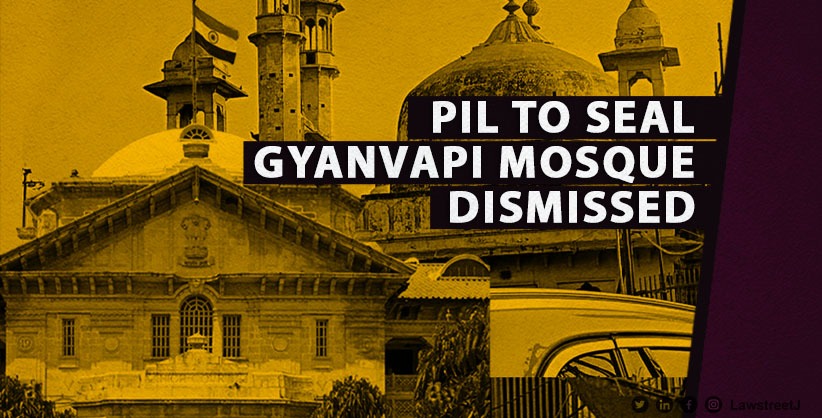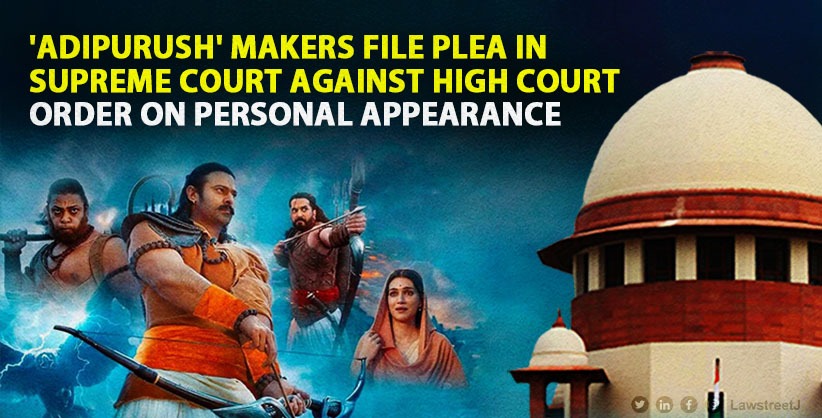The Allahabad High Court has on Tuesday dismissed as withdrawn a PIL seeking the sealing of the entire Gyanvapi Mosque premises and banning entry of non-Hindus, amid the Supreme Court-approved ongoing scientific survey by Archaeological Survey of India to ascertain if the mosque has been raised over a pre-existing Hindu temple.
A division bench of Chief Justice Pritinker Diwaker and Justice Ashutosh Srivastava allowed the public interest litigation filed by Vishwa Vedic Sanatan Sangh president Jitendra Singh Visen and another person, to be withdrawn after observing that the petition did not have any merit.
The PIL had sought a ban on the entry of non-Hindus into the premises until the verdict in the ongoing Shringar Gauri case in which the Hindu petitioners had sought permission to worship the idols on the walls of the mosque.
The PIL had also sought a direction to preserve the Hindu religious symbols recovered inside the mosque premises.
On August 4, the top court had rejected a plea by Anjuman Intejamia Masjid Committee Varanasi to stay the Allahabad High Court's August 3 order for the scientific survey of the premises with a direction that there would not be any excavation or use of invasive method at the site.
According to reports, the ASI team is currently surveying the cellar in the mosque. Some members of the ASI team also climbed atop the gumbad (dome) of the mosque on Tuesday.
Members of the Muslim side were also present during the survey.
As per the high court order, the ASI would conduct the survey of the premises barring the wuzukhana (the area where the Muslims wash themselves before offering prayers).
The premises had been a bone of contention between the two communities for the past several decades, but there was a renewed clamour to take back the Kashi Vishwanath Temple premises after the favourable decision of the apex court in the Ram Temple case.
The Hindu petitioners contended that a part of the temple had been demolished by Mughal emperor Aurangzeb in the 17th century. The Muslim side contended that the Mosque existed before the reign of Aurangzeb and also claimed that the same had also been mentioned in the land records.






![Allahabad High Court Transfers Krishna Janmabhoomi Cases to Itself for Trial [Transfer Application]](/secure/uploads/2023/05/lj_8689_651a2dc9-7ef5-4c69-b838-e7ca5013da1c.jpg)

![Supreme Court: No Lesser Sentence Under POCSO Act for Aggravated Sexual Assault on Children [Read Judgment]](/secure/uploads/2023/07/lj_8181_e1b61eb9-bc5f-492f-9dd8-8db728be7903.jpg)







